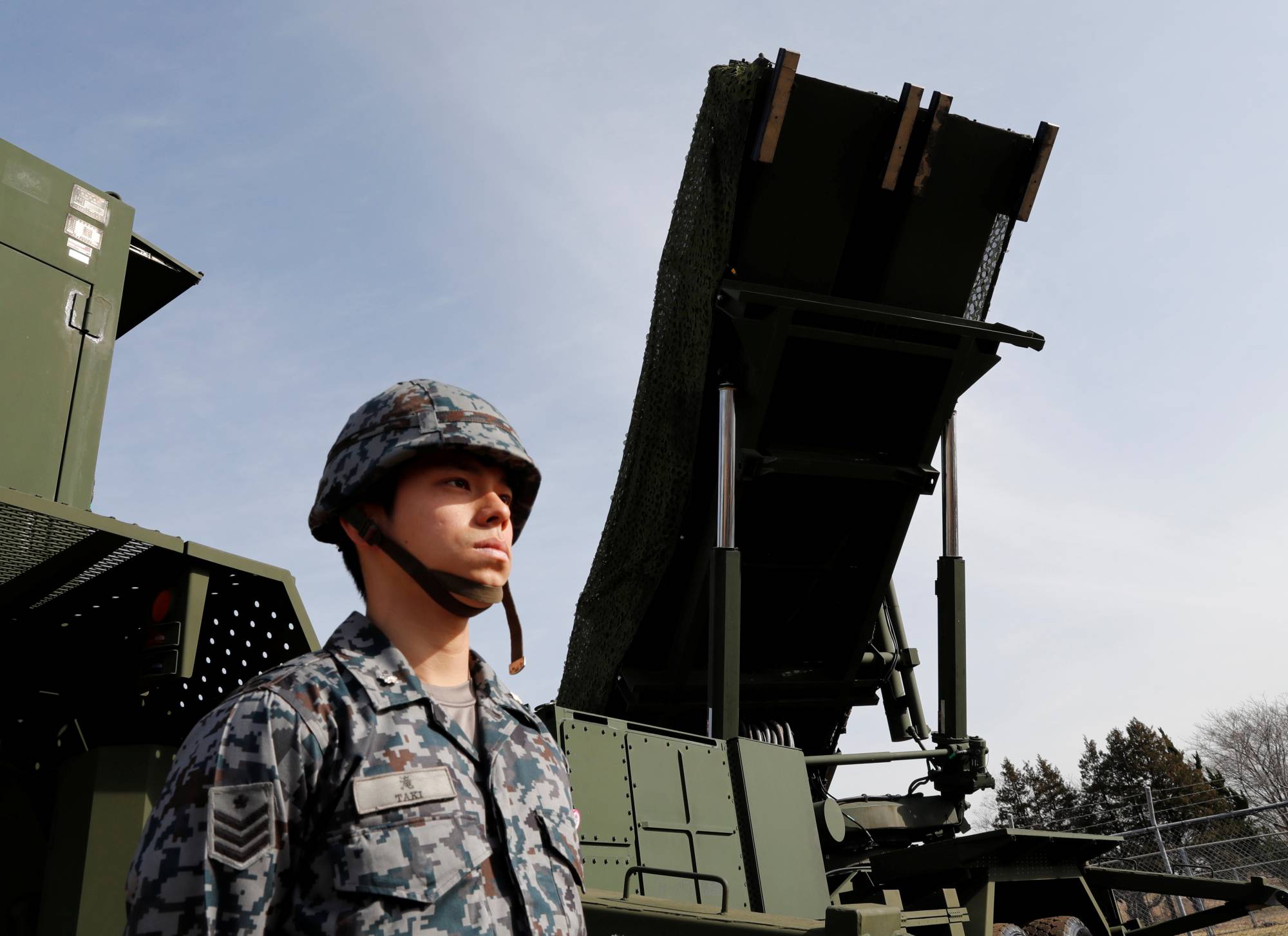The early years of the 20th century witnessed Germany in relentless pursuit of Great Britain, the country that ruled the seven seas. What were Germany’s intentions? Did Germany pose a threat to Great Britain? Was it already an enemy state?
In 1907, Sir Eyre Crowe, a British diplomat and the Foreign Office’s foremost authority on Germany, wrote down his personal impressions in a memorandum. Crowe concluded that Germany aimed to establish hegemony, first in Europe and eventually the world, that Germany was an emergent threat to Great Britain and that trying to ascertain its intentions was useless — what mattered was Germany’s capabilities.
The power that a country projects is the sum total of its purpose and abilities. And this power is relative. However, sometimes the balance of power between countries changes drastically. At such times, one must clearly grasp the extent of a rival’s power, balance against it and make sure this rival does not come to believe it can unilaterally overturn the status quo. Crowe argued that it was time for Great Britain to strengthen its defensive capabilities.


















With your current subscription plan you can comment on stories. However, before writing your first comment, please create a display name in the Profile section of your subscriber account page.